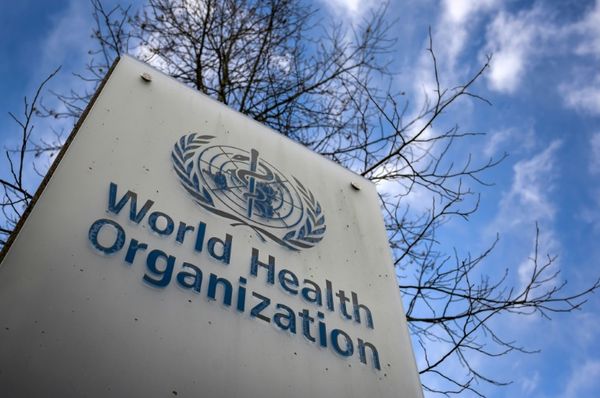
The United States and its allies have conducted additional strikes on Houthi targets in Yemen, following a coordinated multi-nation attack on nearly 30 Houthi sites. The purpose of these strikes is to counter the Houthi rebel group, which is backed by Iran, and prevent them from interrupting international shipping in the Red Sea.
The initial round of strikes involved the US and the UK, along with other partners, and were aimed at countering the Houthi anti-shipping campaign. These attacks targeted the Houthis' ability to carry out their activities. Approximately 100 precision weapons were used to hit 60 targets across 16 locations.
The decision to carry out additional strikes was based on a bomb damage assessment analysis conducted by the intelligence community, which identified a radar system that had survived the initial strikes. The purpose of the second round of strikes was to prevent any further damage by the Houthis and their firing of missiles.
The Houthi rebels, who control a significant part of Yemen, are not just a ragtag group of militants. They form a quasi-military organization and have been involved in the Yemen civil war since 2014. In the early stages of the conflict, they successfully launched around 1,500 missiles against Saudi Arabian facilities.
In recent months, peace negotiations have been underway in Yemen, and Saudi Arabia has sought assistance from Israel to counter the Houthis. The Houthi attacks have not only targeted Saudi Arabia but also Israel and shipping lanes in the Red Sea and the Gulf of Aden.
It remains to be seen whether there will be further strikes, as it largely depends on the actions of the Houthis. While the recent strikes have dealt a significant blow to their military capabilities, there may still be sporadic launches or attempts to harass shipping in the region.
Additionally, it is evident that the strikes carried out by the US and its allies also serve as a message to Iran. Iran has been supporting the Houthis, who are considered their proxies. The strikes send a clear signal to Iran to rein in its proxy groups and cease their destabilizing activities in the region.
The situation in Yemen and the involvement of the Houthi rebels and their connection to Iran continue to pose a challenge. It remains a complex and volatile conflict that has brought significant suffering to the people of Yemen and has implications for regional stability. As events unfold, it is crucial to monitor the actions of all parties involved and their impact on the broader Middle East.







